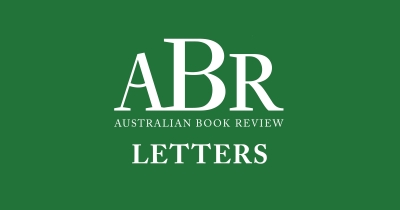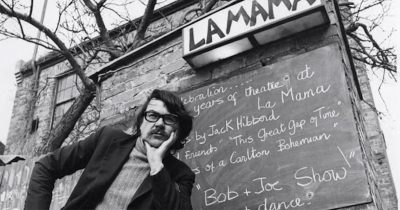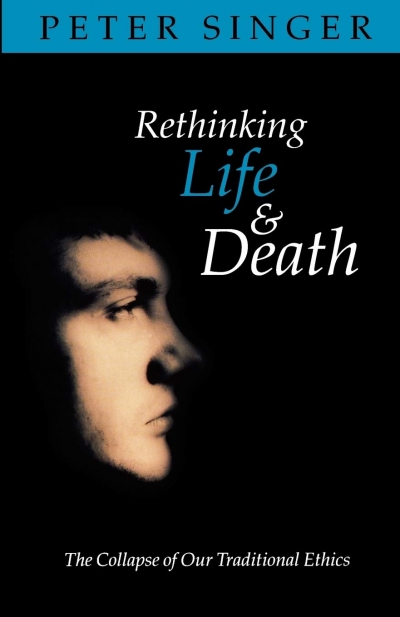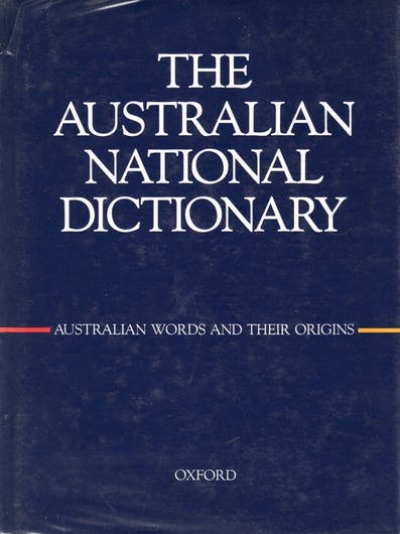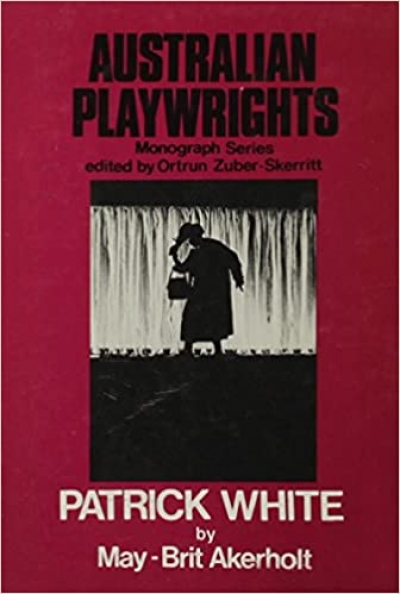Jack Hibberd
Dear Editor,
In her review of Gary Browning’s Iris Murdoch and the Political (ABR, November 2024) Gillian Dooley notes, ‘After graduating from Oxford she worked in the Civil Service’, then, moves on without further ado to Murdoch’s postwar work with the United Nations Relief and Rehabilitation Administration. Dooley doesn’t mention the evidence that has emerged over the years – from Murdoch’s friends John Jones and Phillipa Foot – that she was still an active member of the Communist Party during World War II and passed on documents from government offices to the Communist Party.
... (read more)Jack Hibberd’s prodigious output includes sixty plays, three novels, and four collections of poetry, including Sweet River (Wakefield, 2021), his most recent collection. This body of work does not represent his sole contribution to Australian letters and culture. He was a long-serving member of the Literature and Theatre Boards of the Australia Council, and the founding chairman of the Australian Performing Group at the Pram Factory Theatre in Melbourne.
... (read more)Dimboola's title is a great start to the play that was first performed in 1969. It belongs nowhere but in Australia. At the same time, not many people can claim to have lived there or to know someone from Dimboola. Indigenous? Maybe. And where is Dimboola? You drive through it on your way to somewhere else. It's in Victoria, out where all the roads are sign ...
Jack Hibberd (1940–) is a Melbourne playwright and doctor. He graduated from the University of Melbourne with a degree in medicine and went on to become a co-founder of the Australian Performing Group (APG). He has written over forty plays, including A Stretch of the ...

